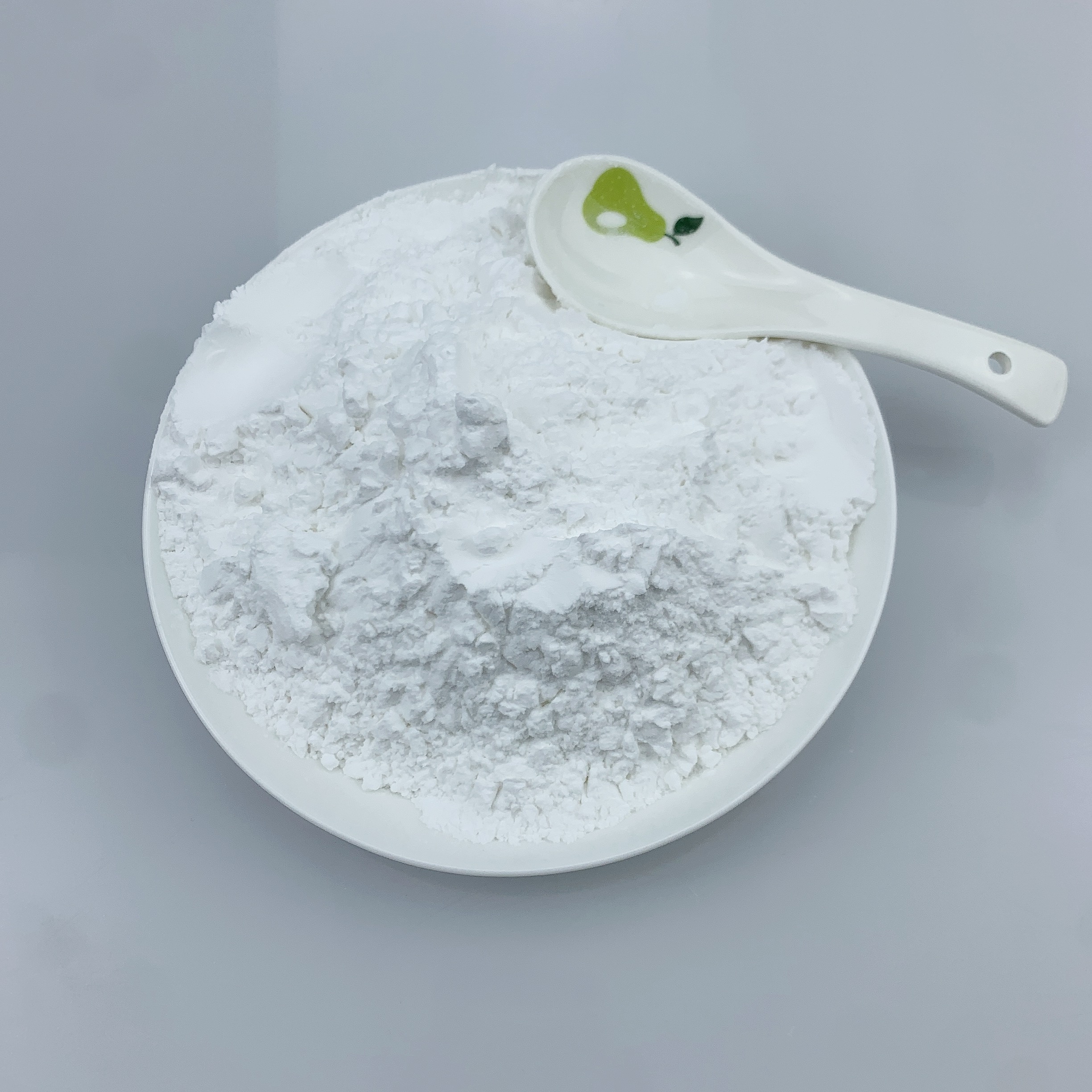Cosmetic Grade CAS9004-61-9 Hyaluronic Acid powder
Wickr/Telegram : Daisey521
Whatsapp : 008618034511316
Skype: live:.cid.93f1bd48473d87a8
Email: saleroom@yeah.net
Basic Information
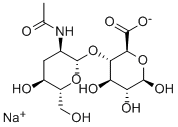
Hyaluronic acid’s main functions include:
Has excellent affinity to water and can regroup water within tissue for better retention and lubrication.
Folds to form a three-dimensional network and produces physiological effects, including producing fluid resistance, maintaining water balance and bodily stability, influencing macromolecule solubility, structure, chemical balance and system osmotic pressure, preventing the spread of pathogens, and promote the condensation of collagen fiber secretory substances.
Forms polymers with inseparable proteins to maintain tissue shape and size and to ensure reversible tissue compression resistance.
Affects macrophages, adherent cells, lymph cells, and natural killer cells.
Serves as an important part of interstitial fluid and is mainly metabolized in the liver. Liver fiber activity increases HA synthesis; combined with reduced function during cirrhosis, blood HA levels may increase abnormally.
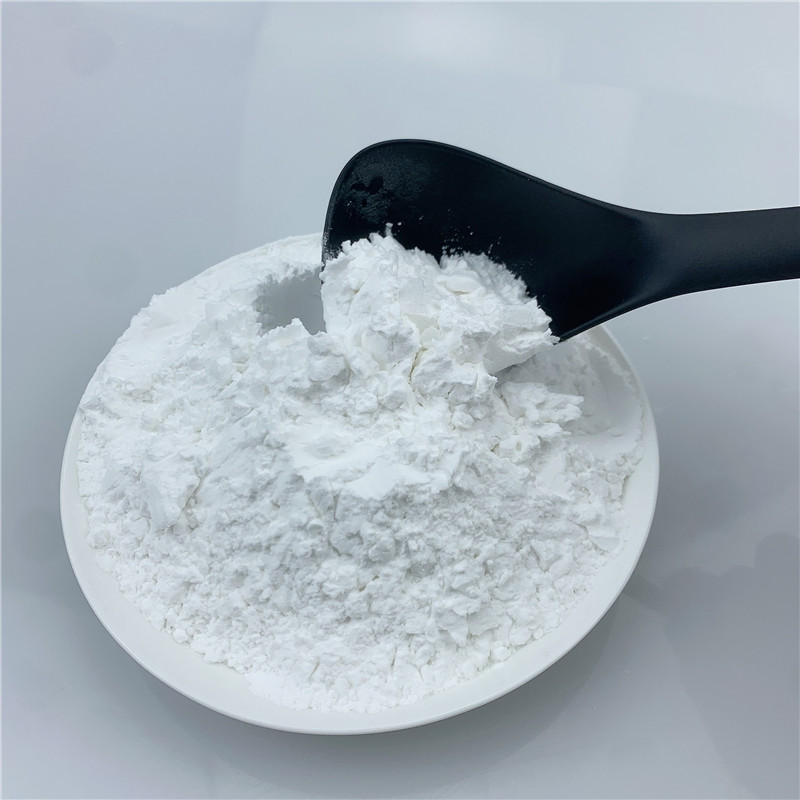
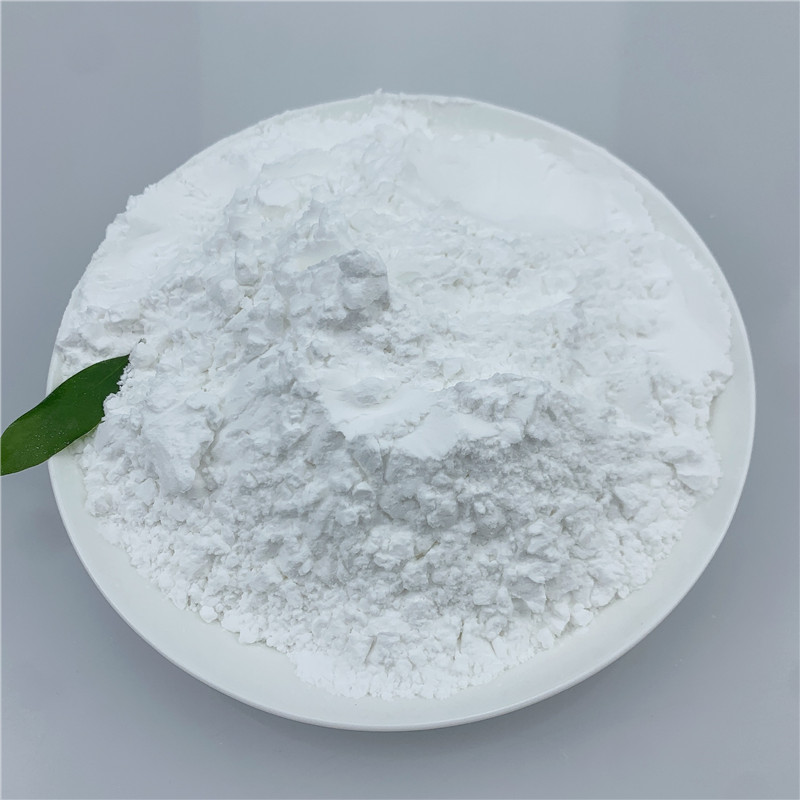
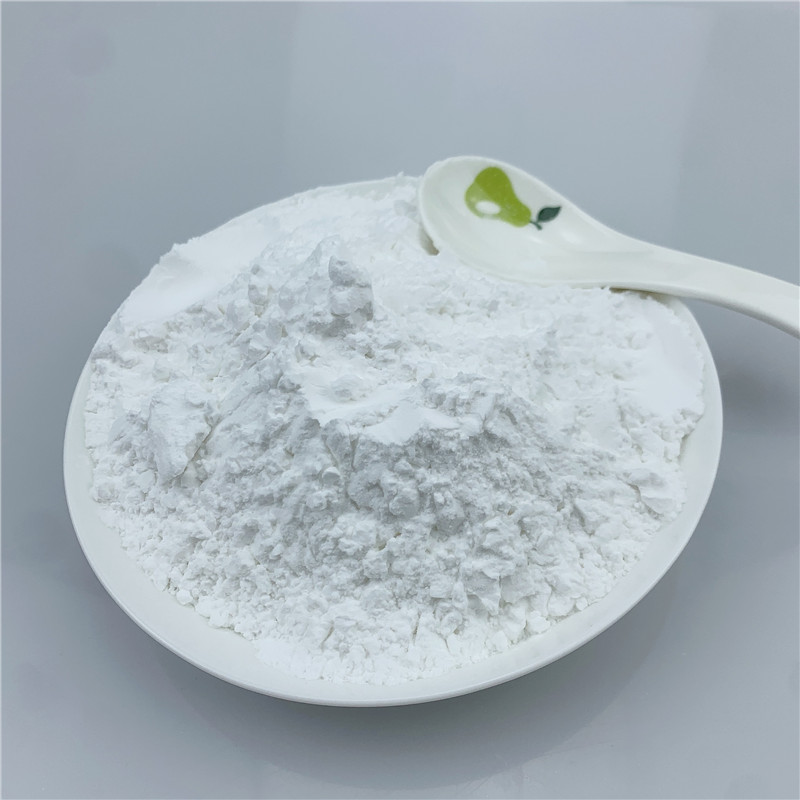
Usage
Usage :
Hyaluronic acid is a naturally derived, non - immunogenic, non - adhesive glycosaminoglycan that plays a prominent role in various wound - healing processes, as it as it is naturally angiogenic when degraded to small fragments. Hyaluronic acid promotes early inflammation which is critical for initiating wound healing, but then moderates later stages of the process, allowing matrix stabilization and reduction of long term inflammation. Hyaluronic acid is a main source for pharmaceutical, medical and cosmetic application.
Uses Synovitis agent (veterinary).
hyaluronic acid is a glycosaminoglycan component. Hyaluronic acid occurs naturally in the dermis. It is thought to play a critical role in healthy skin by controlling the physical and biochemical characteristics of epidermal cells. It also regulates general skin activity, such as water content, elasticity, and the distribution of nutrients. Its water-absorption abilities and large molecular structure allow the epidermis to achieve greater suppleness, proper plasticity, and turgor.
Hyaluronic acid is a natural moisturizer with excellent water-binding capabilities. In a solution of 2 percent hyaluronic acid and 98 percent water, the hyaluronic acid holds the water so tightly that it appears to create a gel. However, it is a true liquid in that it can be diluted and will exhibit a liquid’s normal viscous flow properties. When applied to the skin, hyaluronic acid forms a viscoelastic film in a manner similar to the way it holds water in the intercellular matrix of dermal connective tissues. This performance and behavior suggests that hyaluronic acid makes an ideal moisturizer base, allowing for the delivery of other agents to the skin.
hyaluronic acid in cosmetics results in the need for much lower levels of lubricants and emollients in a formulation, thereby providing an essentially greaseless product. Furthermore, its ability to retain water gives immediate smoothness to rough skin surfaces and significantly improves skin appearance. For the benefits of hyaluronic acid to be realized in a cosmetic, the product needs to be applied on a regular basis as it is broken down in skin within 24 to 48 hours of application.






